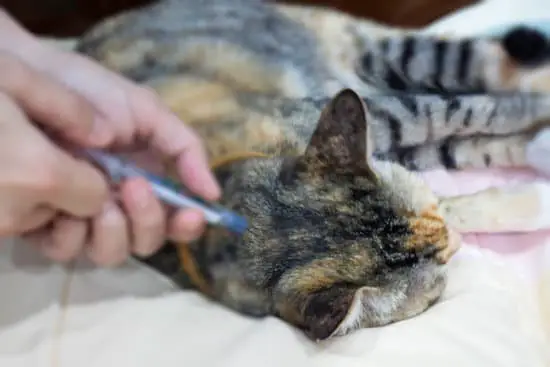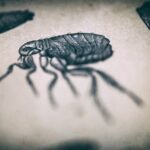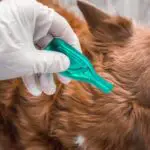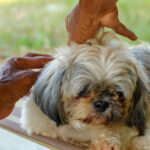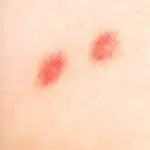Are Fleas Bad For Babies?
While fleas may be unpleasant to adults, the risk of transmission of disease and parasites is not much higher in infants and young children. If your child has fleas, take the affected area to a pediatrician for proper diagnosis and treatment. Usually, your doctor will suggest over-the-counter antihistamines and anti-itch creams. However, some babies are highly sensitive to flea bites and may develop a severe allergic reaction to the bites. If your child has this reaction, you should consult a doctor and follow any prescription instructions very carefully.
Babies are unable to express their concerns or symptoms, so they cannot tell you if they have fleas. Their itchiness can cause pain and inflammation, and sometimes even tapeworm. Fortunately, preventing the bites from getting infected is relatively easy, as long as you’re proactive and take the appropriate treatment.
Flea bites are most obvious on babies’ lower legs and ankles, but can also appear anywhere a baby crawls. Whenever you see a flea bite, you should wash the area thoroughly with warm water and dish soap. Generally, the bites will be very itchy, so you’ll need to apply an antihistamine or anti-itch cream to soothe the area. Before applying a topical antihistamine, check with your pediatrician to make sure it’s appropriate for your baby.
Fleas can come from a variety of sources, but the most common sources are pets and your home. You should treat your pets regularly for fleas in order to prevent a flea infestation in your home. Alternatively, you can use home remedies to kill fleas.
